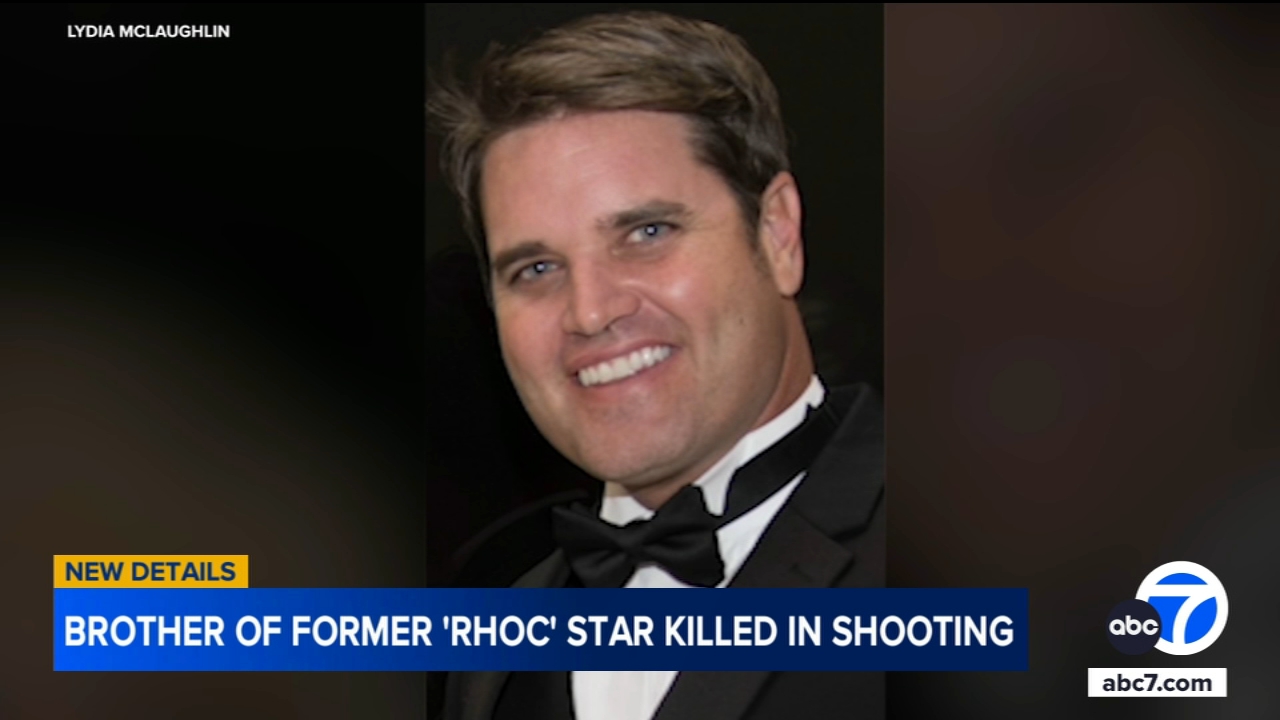HIV patients react to DOGE's cutting of research funding grants at UCLA

WESTWOOD, LOS ANGELES (KABC) -- New data released this week shows the Department of Government Efficiency task force claims it cut $109 million dollars in federal grants from UCLA.
A lot of that money was funding critical HIV research and care. One study that had enrolled more than 200 HIV-infected participants was forced to shut down midstream.
Eyewitness News spoke with two people who participated in UCLA research studies, the very ones that are getting cut, to take a closer look at how that action could affect them and the future of medical research.
"I feel like I've lost part of my health care, and that's very scary and sad and stressful," said 54-year-old Daniel Garza of Laguna Beach.
He was diagnosed with HIV in 2000 when Garza was dealing with alcohol and drug addiction. 9 years ago, he joined the UCLA mStudy dedicated to identifying the obstacles that patients like Garza face and how to overcome them so he can stay on his medications.
"We're going to get our lab work and they're going to catch anything that's going on with us, like they did in my case, that's a benefit and that's a win across the board,' said Garza.
"I can genuinely say without the mStudy and without the LGBT Center and all of my supporters, I don't think I'd be sitting in front of you right now," said George Todd McLachlan, a study participant from Los Angeles.
In 2019, the 27-year-old said he was in shock and disbelief after taking an HIV test.
UCLA professor loses millions in funding for HIV research project

"Immediately you feel alone and ashamed, nervous or scared, especially being in front of a stranger getting this news," McLachlan said.
He thought HIV was a death sentence. Then with UCLA researchers, McLachlan learned how to live a healthy and productive life.
"Keeping people with HIV, living in care means they don't have viral load and that means they're not able to transmit HIV," said UCLA Professor of Epidemiology and Infectious Diseases Dr. Pamina Gorbach.
She was starting a new trial building on the success of the mStudy. Mclachlan and Garza, along with 200 other participants were all enrolled, then the government pulled the plug.
"When I got the notice it was kind of like an immediate pit in my stomach. I still feel sick about it.
"Over 3 million dollars had been awarded for this grant over five years," said Gorbach.
She said the termination letter implied her work was "unscientific". It stated a "low return on investment" and ultimately did "not enhance health, lengthen life, or reduce illness. Participants wholeheartedly disagree.
"With someone like me who has been living with HIV for about five years now, but is still able to maintain a successful and healthy life and do everything that I've wanted to do," said MacLachlan.
"Prevention, lab work, medications, a regular doctor visit. It helps me to maintain my numbers up," Garza said.
"It's basic human needs. You know what I mean? It's really foul and unfortunate," McLachman said.
Gorbach said she's had to stop her research operations and plans to appeal the government's decision.
According to DOGE, UCLA lost the most amount of funding compared to other UCs and other universities across the country.
Participants say they're grateful for the work the researchers have done, but have no idea how they will fill this huge gap in their care.











